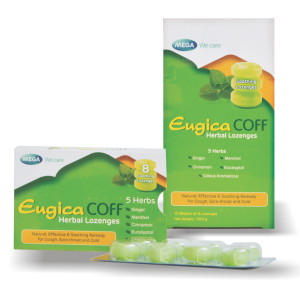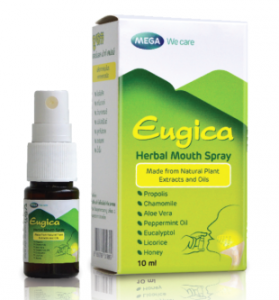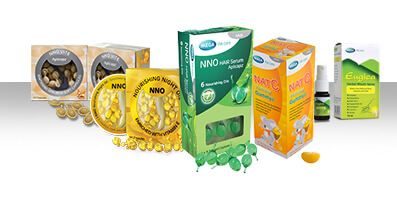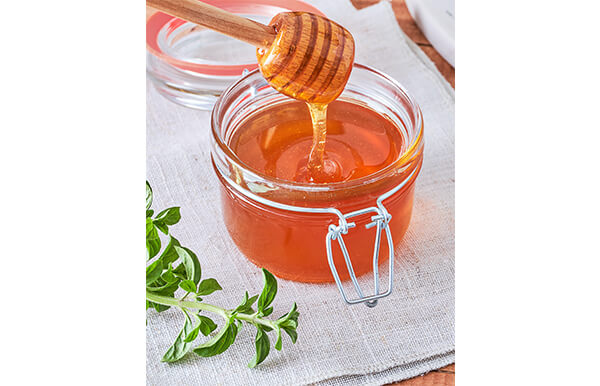
Coughing is a normal and healthy reflex. It helps your body clear your airways of mucus, smoke, and other irritants. But constant coughing can take a toll. It may interrupt your sleep, work, and activities, hurt your chest, and tire you out.
When infected or irritated by a cough or sore throat, the cells in your upper airways (nose and throat) trigger your immune system to help fight back. You can get relief from the symptoms by working to reduce the inflammation.
It’s best to stop a cough by treating the underlying cause, whether it’s a cold, allergies, acid reflux, blood pressure drugs, or other medications. But you can try some home remedies to quiet and soothe your cough.
Drink lots of fluids. When you’re sick, mucus can trickle down the back of your nose. Staying hydrated thins the drip so it’s less likely to irritate your throat and trigger a cough. This also makes it easier for your lungs to clear out the discharge.
Swallow some honey. It soothes the scratchiness in the back of your throat. One study found that honey works just as well as over-the-counter drugs for calming nighttime coughs. Take a tablespoon as needed, or stir it into a warm drink. Don’t give honey to babies under age 1.
Use Natural remedies. Other natural remedies include aloe and menthol. These can help reduce inflammation of the upper airways.
Sip a hot drink. Research shows that it can ease cold symptoms, including a cough. The liquids are hydrating, and the heat helps to lower congestion. Brew some calming chamomile tea. Ginger tea is another good choice. The spicy root may help relax the smooth muscles in your airways. Steep chopped ginger in boiling water for 5-10 minutes and discard before sipping.

Clear irritants from your home. Some people are sensitive to perfumes and fragrances in laundry detergents and air fresheners. That may irritate the sinuses and increase mucus production.
If you have allergies, cleaning away mold, dust, and pollen may help. These allergens may cause a reaction, including a cough. You may need to wash your bed sheets in hot water, clean your floors with a HEPA-filter vacuum, and scrub windows with a bleach solution.
Sleep on an incline. If a cold or an allergy is behind your cough, try raising your head. When you lie flat, the mucus can pool and irritate your throat. To put gravity on your side, use an extra pillow or raise the head of your bed with a stable surface, such as books.

Gargle saltwater. Along with soothing a sore throat, gargling can also help loosen thick mucus. It can also help clear away allergens and bacteria. To try it, dissolve 1/2 teaspoon of salt into a glass of warm water. Gargle, then spit it out.
Stamp out cigarettes. Smoking paralyzes the tiny hairs lining your lungs, called the cilia, which clear out mucus and dirt. That’s why some smokers get long-term cough. Research so far suggests that the same may happen with vamping
Moisten the air. A steamy shower or bath can help loosen the mucus and congestion behind your cough. A humidifier also may help. Be sure to clean and change the filter as directed by the manufacturer. This prevents it from blowing mold, fungi, and bacteria in your home.
Rinse your nose. It flushes out cough-inducing mucus and allergens from your nasal passages and sinuses. Use a saline spray or try nasal irrigation.
Try Eugica lozenses and Eugica spray – Natural and safe remedies to prevent cough and associated symptoms














